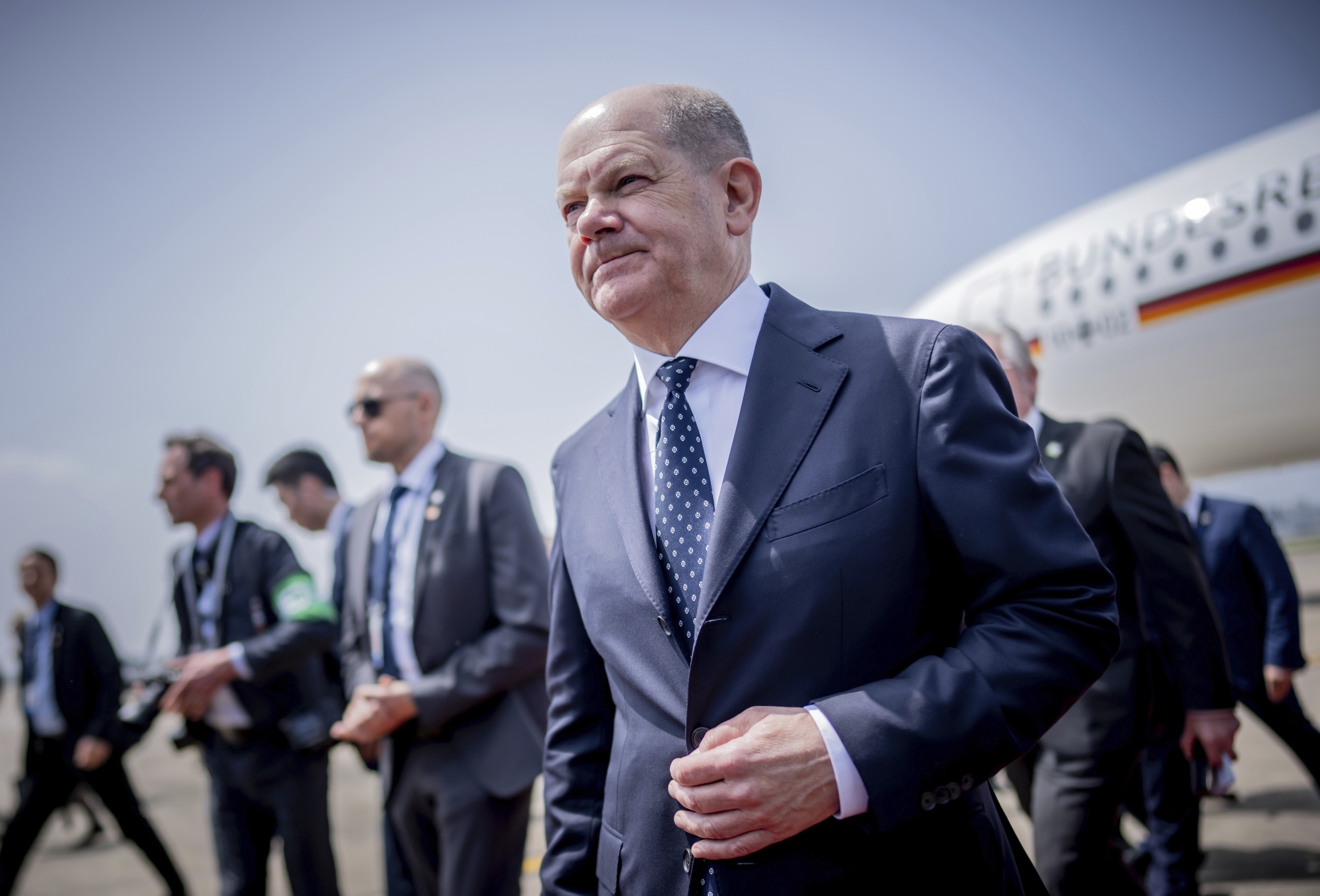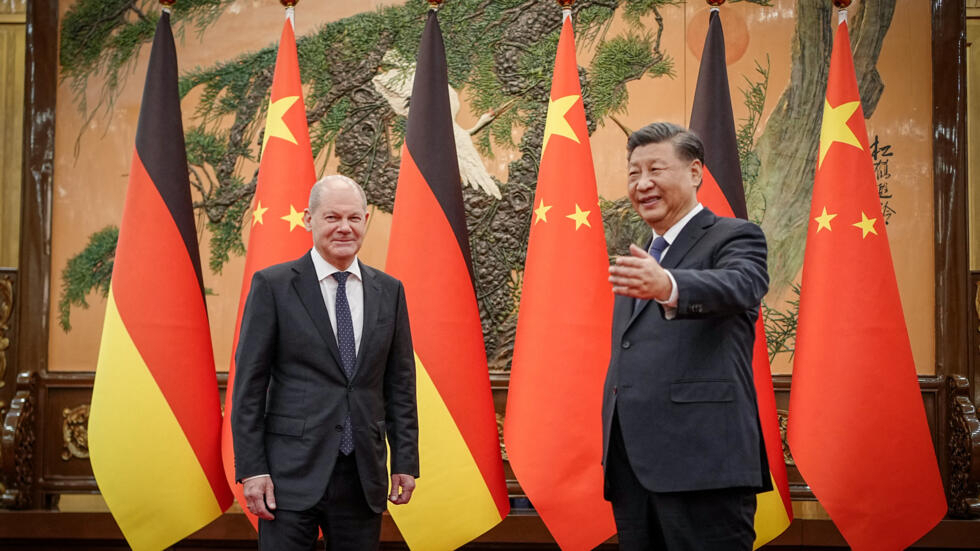The German Chancellor, Olaf Scholz, visits China and is received by municipal officials
- Emmanuel González
- Governmental Travels
- Hits: 1054
Bilateral government and institutional trips typically involve a wide range of scenarios, ranging from the mere formality of returning a visit previously made by a government representative, to strengthening ties between nations and territories, achieving economic agreements, or reducing political, military, and economic tensions among different nations, even those not directly involved in the trip itself.
The latter case, increasingly common due to the current geopolitical situation with conflicts in Eastern Europe and the Middle East, is what led German Chancellor Olaf Scholz to visit the People's Republic of China, through an express invitation from Chinese Prime Minister Li Qiang.

However, due to the existing economic tension between Germany and China, compounded by the conflict between Russia and Ukraine, the visit did not start off entirely well for the German Chancellor, who landed on April 14th in the city of Chongqing aboard the Airbus A139CJ used by the German government for foreign travel.
In Chongqing, upon disembarking from the plane, Scholz was timidly received by Chinese municipal authorities, and not even the local media echoed the event. In fact, there was no official reception as such, and the German Chancellor quickly entered the waiting vehicle on the tarmac to begin his three-day visit, during which he would visit the financial center of Shanghai, meet with the Chinese Prime Minister, and finally with President Xi Jinping.
During the trip, Olaf Scholz and his Chinese counterparts addressed issues of great significance and even found common ground. Two were the most important of them; on the one hand, to ease the growing tension, in economic terms, between Germany and the People's Republic of China, two countries with tremendously powerful industries competing against each other. And, on the other hand, the Russo-Ukrainian war, in which both Scholz and Xi Jinping agreed that both countries, thanks to their spheres of influence, must do everything possible to seek a just peace in Eastern Europe.

These trips, even when discreet in media terms, generate a significant economic impact both in the issuing and receiving destinations. The important human and technical infrastructure that surrounds them and moves thanks to them, both physically and figuratively, is the basis of a consolidated sector that, among many other aspects, lacks elements typical of the travel industry, such as seasonality.
Although ultimately the German Chancellor's trip to China can be deemed a success, what drew the most attention is the gesture we pointed out at the beginning. And it is that, in protocol and diplomatic terms, in the complex world of International Relations, Scholz's reception by Chinese municipal authorities, with a rank and status inferior to that of the German Chancellor, not only served as a statement of intent by the Chinese government, but also as a first contact in an environment of previous tension. Another example of how, in the context of government and institutional trips, gestures of this kind carry great significance and are extremely important.
Photos: Bloomberg / France 24.


